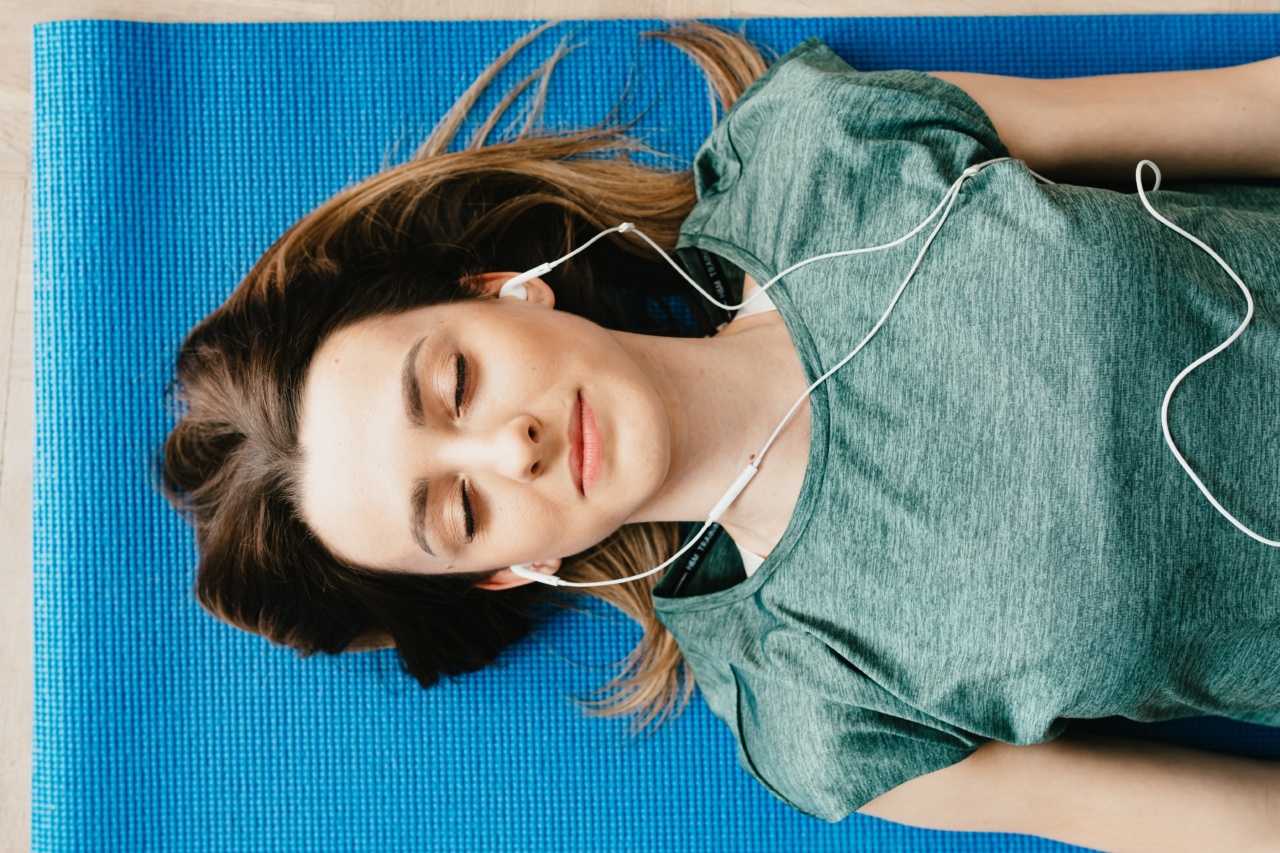In today’s fast-paced world, many people struggle with stress and finding quality sleep. The food we eat plays a significant role in our overall well-being, including our ability to relax and get a good night’s rest.
Incorporating certain foods into your diet can promote calmness and contribute to better sleep. Below, we have compiled a list of the top 10 foods that can help you unwind and improve your sleep quality.
1. Tart Cherries
Tart cherries, particularly Montmorency cherries, are a natural source of melatonin, the hormone that helps regulate sleep patterns. Consuming tart cherry juice or whole cherries can increase your melatonin levels, promoting better sleep.
Additionally, these cherries contain antioxidants that can reduce inflammation and promote overall health.
2. Almonds
Almonds are a wonderful source of magnesium, which can help induce sleep and relax muscles. Magnesium is known to reduce stress and anxiety, making it easier for you to unwind before bedtime.
Including a handful of almonds in your evening snack or incorporating almond butter into your diet can be beneficial for a restful night’s sleep.
3. Warm Milk
A popular remedy for a good night’s sleep, warm milk contains an amino acid called tryptophan, which is known to increase serotonin levels in the brain. Serotonin promotes calmness and relaxation, ultimately helping you fall asleep faster.
Enjoying a cup of warm milk before bed can aid in peaceful sleep.
4. Kiwi
Kiwis are a delicious and nutritious fruit that can improve sleep quality. They are an excellent source of serotonin and antioxidants, which can regulate sleep patterns and promote relaxation.
Including a kiwi in your evening routine may lead to improved sleep efficiency.
5. Herbal Teas
Many herbal teas, such as chamomile, lavender, and valerian root, have calming properties that can enhance sleep quality. These teas contain compounds that act as natural sedatives, reducing anxiety and promoting relaxation.
Sip on a warm cup of herbal tea before bed to ease your mind and prepare for a restful night.
6. Fatty Fish
Fatty fish like salmon, tuna, and trout are excellent sources of omega-3 fatty acids, which have been linked to improved sleep quality. Omega-3s can help reduce cortisol levels, a stress hormone that can interfere with sleep.
Introducing fish into your diet a few times a week can have a positive impact on your sleep patterns.
7. Dark Chocolate
Indulging in a small piece of dark chocolate can be a treat for both your taste buds and your sleep. Dark chocolate contains tryptophan, which helps boost serotonin levels in the brain.
It also contains magnesium, which relaxes muscles and promotes calmness. Enjoy a small portion of dark chocolate as a bedtime snack, but be cautious not to overindulge due to its caffeine content.
8. Bananas
Rich in potassium and magnesium, bananas are known for their muscle-relaxing properties. These minerals can calm your body and mind, preparing you for a good night’s sleep.
Consuming a banana before bed can help regulate sleep patterns and alleviate nighttime muscle cramps.
9. Whole Grains
Whole grains, such as oats and quinoa, are complex carbohydrates that can trigger the release of serotonin in the brain. Serotonin helps regulate sleep and promotes a sense of tranquility.
Including whole grains in your evening meals can aid in a more peaceful and restorative sleep.
10. Passionflower
Passionflower is an herb commonly used as an herbal remedy for anxiety and sleep disorders. It has calming effects that can help improve sleep quality and reduce restlessness.
Passionflower can be consumed as a tea or taken in supplement form to promote relaxation and better sleep.






























